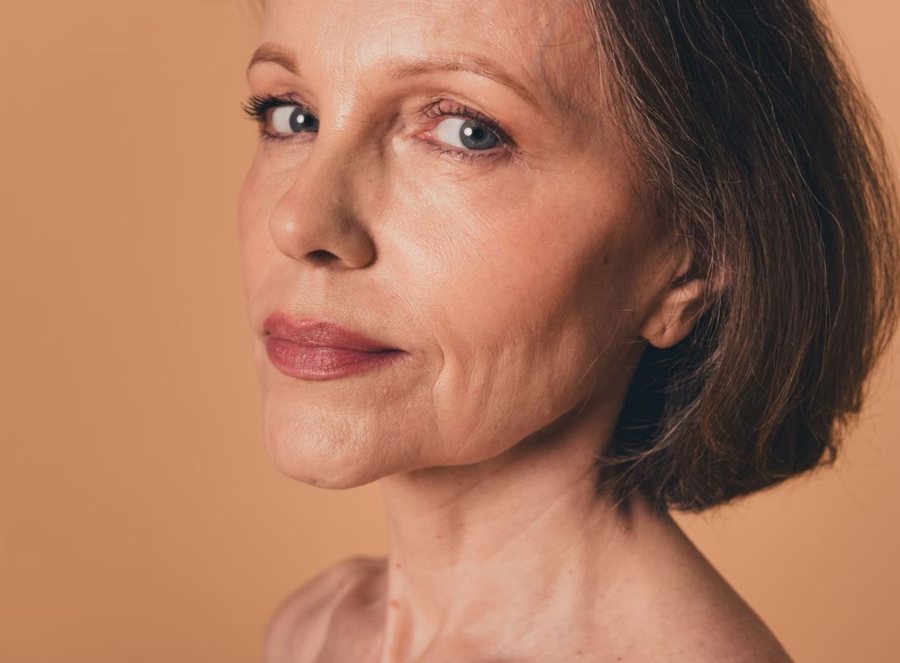
An algorithm called FaceAge, developed with artificial intelligence technology and published in "The Lancet Digital Health", is able to estimate a person's biological age from a facial photograph.
This system, which translates facial features into a number of years that reflects overall health, has shown that cancer patients appear on average five years older biologically than their healthy peers.
The program was created to perfect what doctors call the "eye test," which is the naked eye assessment of a person's health. However, writes A2 CNN, the new algorithm offers a more objective and accurate approach, capable of capturing details that often escape the human eye.
The system was trained on more than 58,000 portraits of healthy adults over 60 and then tested on nearly 6,000 cancer patients treated in the United States and the Netherlands. The results show that those with a biological age of over 85, even if chronologically younger, had lower survival prospects. But it’s not just a snapshot of the current state of health; the algorithm also proved to be able to predict with astonishing accuracy the risk of mortality within six months, surpassing the predictive abilities of eight expert doctors who were asked to evaluate the same images.
However, the technology raises ethical and psychological questions, especially if used by insurance companies or employers. While on the one hand it could become a valuable tool for oncologists and cardiologists, on the other hand it could be of interest to insurance companies or employers looking for methods to assess health-related risks, reports A2 CNN.
The developers assure that they have checked that the system does not present racial bias, one of the most discussed critical issues in the use of artificial intelligence, but they are working to develop a more advanced version, trained with 20,000 additional patients, to strengthen the accuracy of the predictions.
At the same time, variables that could mislead the algorithm are being examined, such as heavy makeup, cosmetic surgery or artificial lighting conditions, factors that could alter the perception of physical features and confuse the machine, writes A2CNN.
Finally, there is the psychological question. Knowing that your body is aging faster than expected can inspire you to change your lifestyle, but it can also cause anxiety or depression. The researchers emphasize that such a tool should be used with caution and always under the supervision of qualified medical personnel. To address these scenarios, as part of a designed scientific study, a portal open to the public is being designed, where it will be possible to upload a selfie and receive an assessment. However, commercial versions for clinical use will only arrive after further evaluations and rigorous controls.
Meanwhile, FaceAge has tested itself on a famous face: that of actor Paul Rudd, who is estimated to be biologically 43 years old in a photo taken when he was 50; A clue to how this technology could easily become a popular phenomenon, destined to cause discussion, bypassing the medical field.
(A2 Televizion)











